blog
Book Review: Levon and Kennedy: Mississippi Innocence Project
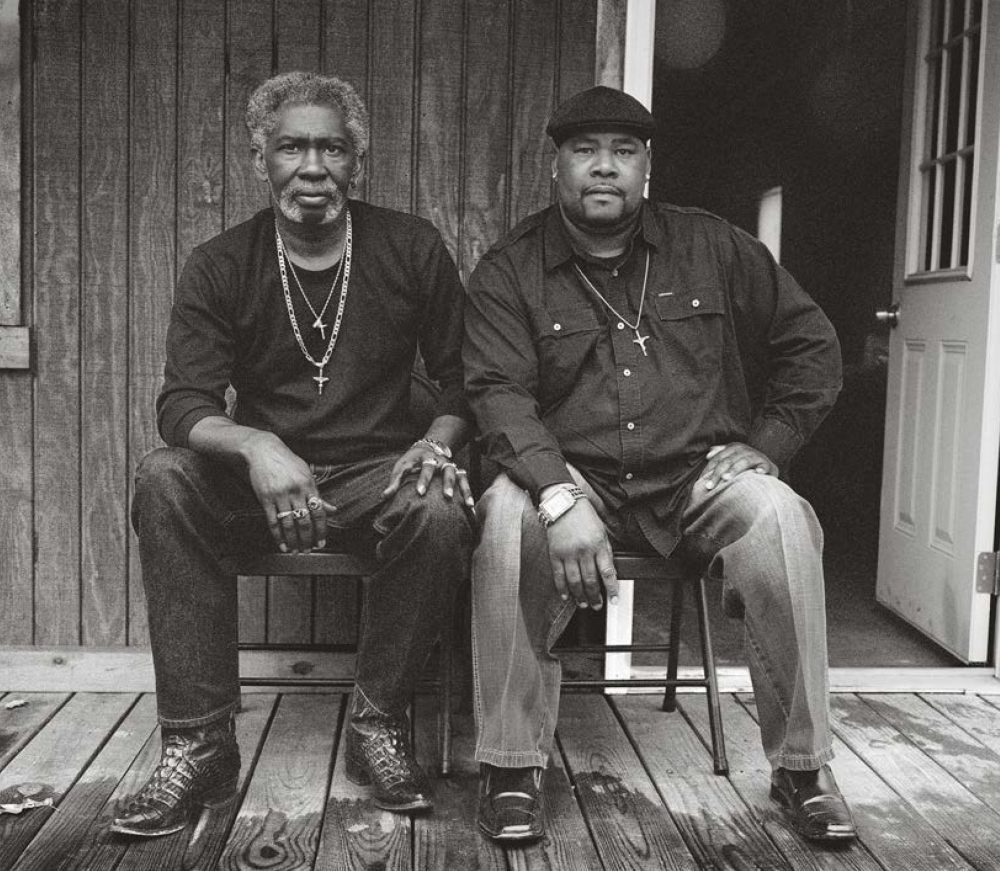
In the early 1990s in a small disadvantaged community in rural Mississippi, Levon Brooks and Kennedy Brewer were wrongfully convicted in separate trials of capital murder. Brooks, despite an alibi, was sentenced to life and was imprisoned for 18 years. A few years later Brewer was convicted and sentenced to death. He was incarcerated for 15. In 2008 the Innocence Project in New York exonerated both men. Vanessa Potkin, longtime attorney at the Innocence Project, along with co-founder of the Innocence Project, Peter Neufeld, spent years investigating the two cases, and discovered a link between them that subsequent DNA testing substantiated. The results of that testing led authorities to the real perpetrator who was responsible for both murders and then to the exonerations of Brooks and Brewer. Without the work of the Innocence Project, Potkin, Neufeld, and a host of others, these photographs–of lives lost, forgotten, and then regained–would not have been possible. The photographs’ poignance is made all the more powerful as one contemplates their stark, deeply felt beauty against the haunting realization that they were almost never able to be made or seen at all.
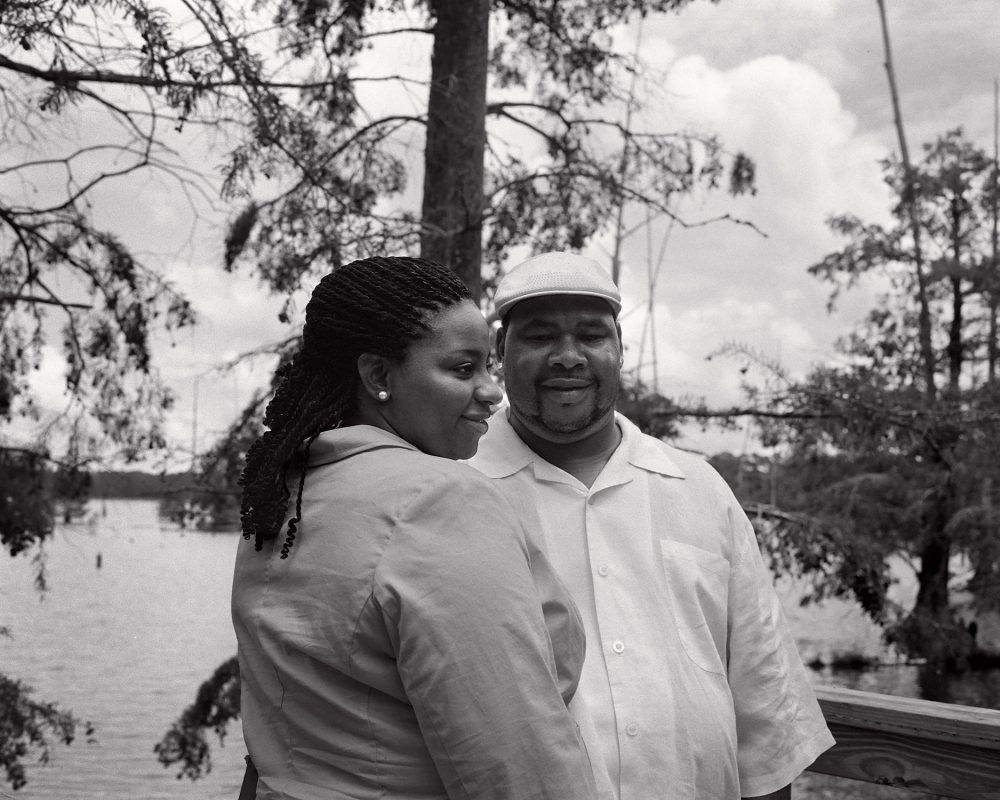
From Levon and Kennedy by Isabelle Armand, published by powerHouse Books
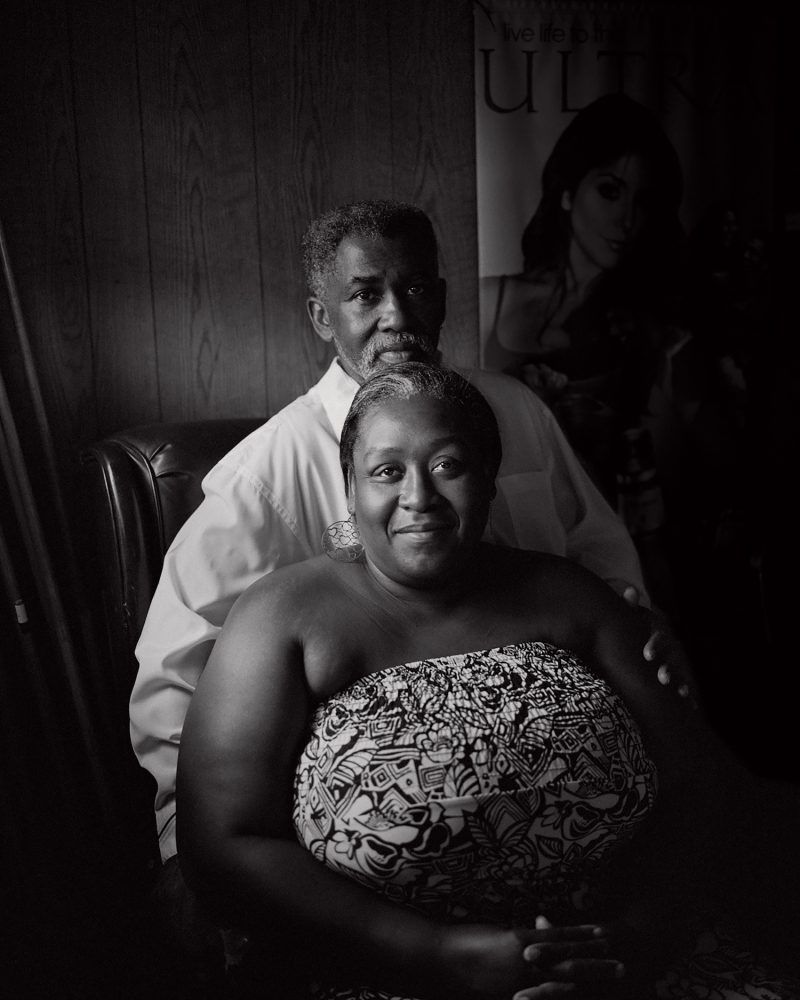
From Levon and Kennedy by Isabelle Armand, published by powerHouse Books

From Levon and Kennedy by Isabelle Armand, published by powerHouse Books
The evidence against Brooks and Brewer consisted primarily of bite mark matching evidence. A prosecution expert testified that in both cases multiple bite marks covered the victims’ bodies and matched the defendants’ teeth impressions. A group of experts retained by the Innocence Project later determined that the marks were not bite marks at all. As a forensic discipline, bite mark matching has come under serious criticism in recent years and led to the exoneration of multiple other prisoners. This same prosecution expert testified not only in Brooks’s and Brewer’s cases, but a host of others in Mississippi and the region. The extent of the damage is still unknown.
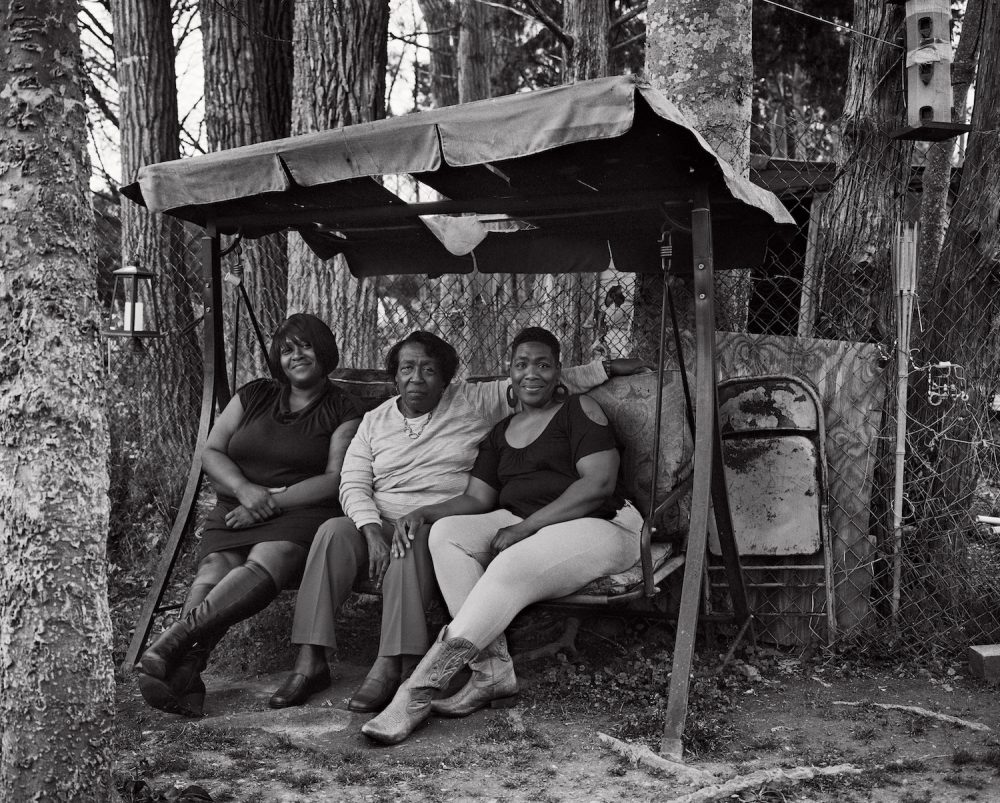
From Levon and Kennedy by Isabelle Armand, published by powerHouse Books

From Levon and Kennedy by Isabelle Armand, published by powerHouse Books

From Levon and Kennedy by Isabelle Armand, published by powerHouse Books
In 2012, photographer Isabelle Armand came across an article about these two cases. Such a scenario seemed unbelievable. How, why, and where could this happen? How does one cope with wrongful conviction? For the next five years, she spent several weeks each year documenting Brooks, Brewer, their families and their environment. This intimate photographic essay, akin to looking in a mirror, puts faces on the victims of wrongful convictions. It seeks to raise consciousness, challenge popular perceptions about poverty and inequality in our criminal justice system, and demands that we confront these critical issues.
Levon Brooks died in January of 2018. He lived a life that may people could envy in terms of being supported and loved by those who knew him. Radley Balko, a writer who has worked with contributor Tucker Carington, wrote about Levon in The Washington Post after he died, saying, “Brooks was a joyous man and incredibly charismatic. He had a way of drawing you in, of quickly making you feel like an old friend. Within minutes of my meeting him, he was already making plans for he and I to go hunting. The last time I saw him, he told me that he was happy — that for the first time since getting out of prison, he felt as happy as he’d been before he went in. It was an odd thing to hear, because just a few minutes earlier, he had shown me the chemo pump attached to his abdomen. Levon Brooks’s life was unfair — incredibly, cruelly, unspeakably unfair. Somehow, against all odds, he still found joy in it.”
This book is presented to give an introduction to the wrongful imprisonment of Levon Brooks and Kennedy Brewer; two men who were wrongfully convicted of murder through a miscarriage of justice. We see the environment and social landscape of the place they called home, the rural area surrounding Macon, Mississippi. We also see the people who were important to them; family, friends, fiancées and wives. The book is presented in such a way to show the lives and hometown of Levon and Kennedy so the reader can better understand who they are and where they came from. Armond’s images help the reader sympathize and/or empathize with them, and see them as people we might know and understand; not as prisoners or convicts who are reduced to a number for the U.S. prison system.
The sadness of Levon Brooks’ death and the injustice of their cases is undoubtedly the tip of the iceberg for cases of wrongfully convinced people worldwide. ‘Levon and Kennedy’ is an uplifting, albeit melancholy, tale of exonerated men who tried to be strong in the face of their fates, and not give up despite the staggering odds.
Isabelle Armand worked with fashion photographers in her native Paris and in New York City, where she has lived and worked since the 1980s. Eventually Armand’s predilection for art drew her away from the fashion industry. She assumed the position of U.S. editor for the French magazine Connaissance des Arts, in whose pages her photographic portraits of contemporary artists appeared. After a productive stint as editor, Armand devoted herself to a full-time career in freelance photography. Concentrating on black-and-white film portraiture and documentaries, primarily in a 6 x 7 medium format, Armand’s highly original works can be found not only in private collections, but also in museum collections. In addition, they have been featured both in national and international publications.
Professor Tucker Carrington is the founding director of the George C. Cochran Innocence Project (formerly the Mississippi Innocence Project) and Clinic at the University of Mississippi School of Law. The clinic’s mission is to identify, investigate, and litigate actual claims of innocence by Mississippi prisoners, as well as advocate for systemic criminal justice reform. Prior to coming to Ole Miss, Professor Carrington was an E. Barrett Prettyman Fellow at Georgetown Law Center, a trial and supervising attorney at the Public Defender Service for the District of Columbia, and a visiting clinical professor at Georgetown.
Professor Carrington writes frequently about criminal justice issues, including wrongful convictions and legal ethics. His work has appeared in The Pennsylvania Journal of Law and Social Change, The Ohio State Journal of Criminal Law, and the Mississippi Law Journal.
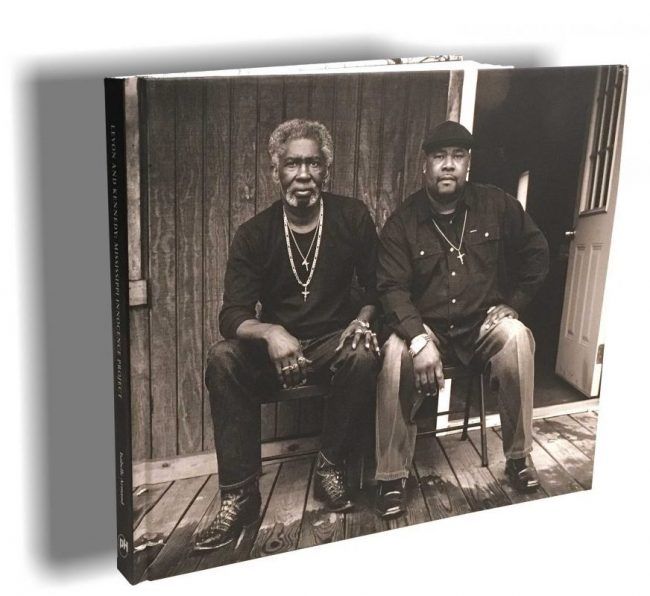
Levon and Kennedy: Mississippi Innocence Project by Isabelle Armand
Trim Size: 11 x 9-2/3
Page Count: 112
ISBN: 9781576878842
To find out more about this book, or to purchase a copy, please visit the website for powerHouse Books: http://www.powerhousebooks.com/books/levon-and-kennedy-mississippi-innocence-project/
Location: Online Type: Book Review
Events by Location
Post Categories
Tags
- Abstract
- Alternative process
- Architecture
- Artist Talk
- Biennial
- Black and White
- Book Fair
- Car culture
- charity
- Childhood
- Children
- Cities
- Collaboration
- Cyanotype
- Documentary
- environment
- Event
- Exhibition
- Family
- Fashion
- Festival
- Film Review
- Food
- Friendship
- FStop20th
- Gun Culture
- Italy
- journal
- Landscapes
- Lecture
- love
- Masculinity
- Mental Health
- Museums
- Music
- Nature
- Night
- photomontage
- Podcast
- Portraits
- Prairies
- River
- Still Life
- Street Photography
- Tourism
- UFO
- Wales
- Water
- Zine

Leave a Reply